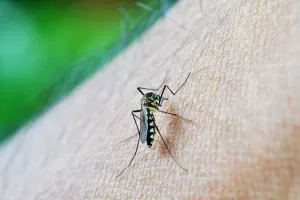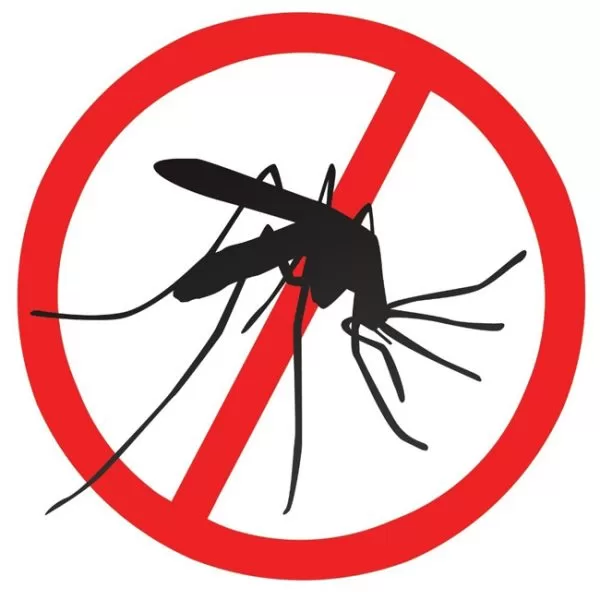Malaria has been a significant health challenge in Africa, with the World Health Organization (WHO) reporting approximately 249 million cases and 619,000 deaths globally in 2022.
Africa accounted for 94% of these cases and 96% of the deaths. However, several African countries have successfully eradicated malaria, demonstrating that with concerted effort and effective strategies, significant health challenges can be overcome. Here are six countries that have achieved malaria-free status.
1. Morocco
Morocco made history in 2010 by becoming the first African country certified malaria-free by the WHO. This achievement came after a strong commitment to public health interventions, which significantly reduced malaria transmission beginning in the late 1960s.
The government implemented comprehensive mosquito control strategies, including indoor residual spraying and the distribution of insecticide-treated nets. Surveillance systems were established to monitor and respond to any potential outbreaks, ensuring zero indigenous malaria cases for at least three consecutive years—one of the WHO’s criteria for certification. Morocco’s success serves as a model for other nations in the region.
2. Algeria
Algeria followed closely behind, achieving malaria-free status in 2019. This milestone is particularly significant, as the malaria parasite was first identified in Algeria in 1880. The country’s approach involved substantial investment in healthcare infrastructure and public education about malaria prevention.
Key strategies included early detection and treatment of malaria cases, community engagement, and sustained surveillance. By effectively managing risks and maintaining strong public health systems, Algeria demonstrated its capability to prevent the reintroduction of malaria, fulfilling the WHO’s requirements for certification.
3. Seychelles
The Seychelles, an archipelago in the Indian Ocean, was declared malaria-free in 2012. Its unique geography allowed for more manageable mosquito control, significantly reducing the risk of transmission from neighboring regions.
The government employed a variety of measures, including widespread distribution of insecticide-treated bed nets and community health campaigns to educate residents about prevention. The combination of effective vector control and continuous monitoring has allowed the Seychelles to maintain its malaria-free status successfully.
READ ALSO: 10 African Countries with Darkest Skin Tones
4. Mauritius
Mauritius has a challenging history with malaria, particularly during the 1940s when the disease had devastating effects on the population. However, a strong determination to eradicate malaria led to aggressive public health measures, culminating in the country being declared malaria-free in 1973.
The government’s initiatives included rigorous mosquito control campaigns and improved healthcare access for timely treatment. The commitment to ongoing surveillance remains crucial, ensuring that any potential cases are swiftly addressed, thus preventing a resurgence of the disease.
5. Egypt
In a significant recent achievement, Egypt was certified malaria-free by the WHO in 2023, joining the ranks of successful malaria-eliminating countries. The history of malaria in Egypt dates back thousands of years, but today, the disease is part of the nation’s past.
Egypt’s success resulted from a combination of effective public health interventions, including vector control, public education, and enhanced healthcare services. The government continues to prioritize surveillance to quickly identify and manage any potential reintroduction of the malaria parasite.

6. Cape Verde
Cape Verde achieved a remarkable milestone in January 2024 when the WHO declared it malaria-free. This island nation, made up of ten islands off the northwest coast of Africa, is home to over half a million people.
The road to malaria elimination in Cape Verde involved comprehensive public health initiatives, including the distribution of insecticide-treated nets and community engagement to raise awareness about prevention. The commitment to healthcare access and early detection played vital roles in ensuring the nation could maintain its malaria-free status.
Conclusion
The stories of Morocco, Algeria, Seychelles, Mauritius, Egypt, and Cape Verde exemplify the power of targeted public health strategies, community involvement, and government commitment in the fight against malaria. As the WHO highlights the ongoing challenges of malaria across Africa, these countries serve as beacons of hope, showing that with determination and collaboration, significant health challenges can be tackled.
Sustained vigilance and investment in healthcare will be crucial to maintaining their malaria-free status and preventing the disease’s return. As more nations aim for eradication, the successes of these six countries offer valuable lessons and inspire hope for a malaria-free future across the continent.

